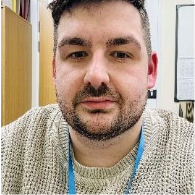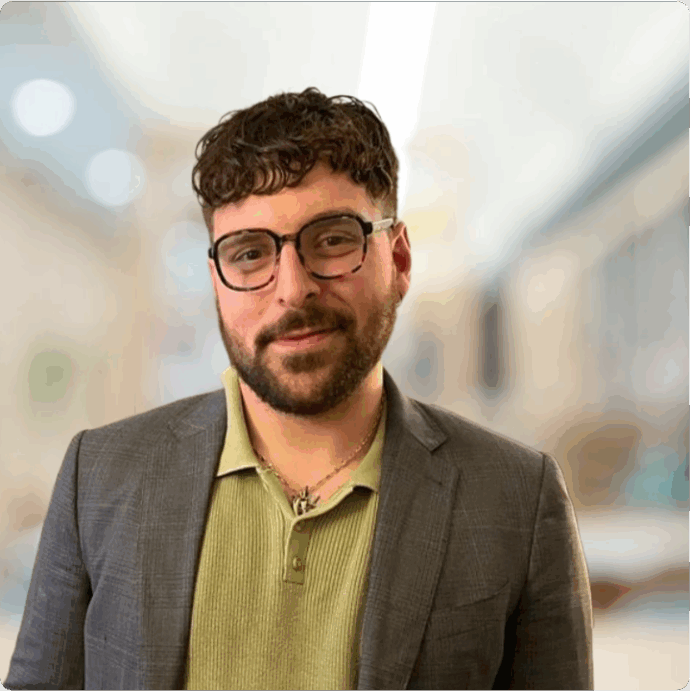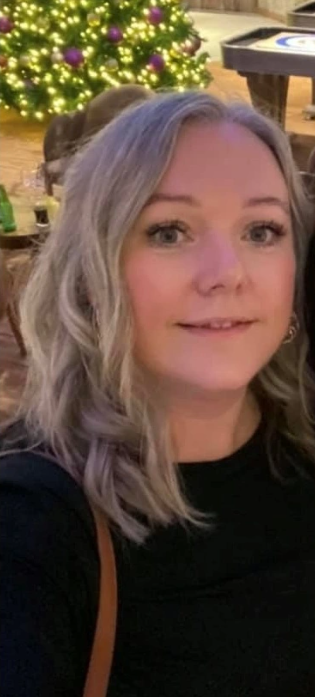ADHD Awareness Month 2025

As ADHD Awareness Month comes to an end, it’s a great time to reflect on the value of neurodiversity and the skills neurodivergent people bring.
It’s a privilege to be able to share the below lived experiences of some of our colleagues within United Response.
Sharing Our ADHD Journeys
Marc Jones – Team Manager

I was diagnosed with ADHD when I was 7 years old, and I’ve been on medication for most of my life since then. There was a period of time where I stopped taking it – whether to see how I’d manage without it or just out of frustration with how it made me feel. That time brought its own challenges, and it reminded me how important the right support is, whether that’s medical, emotional, or environmental.
Growing up, my ADHD was rarely understood. I was often labelled the “naughty child” – both at school and within my own family. I wasn’t acting out on purpose, but my behaviour was often seen that way. Some family members distanced themselves from me, not knowing how to deal with me, and I often felt like I was a problem no one quite knew how to fix. At school, I was constantly told I wouldn’t amount to anything, and that I wasn’t capable of succeeding like other kids.
For a long time, I carried those messages with me – the sense of not being enough, of being “too much,” or of always falling short. But despite all of that, I’ve kept going. I’ve learned more about myself, about ADHD, and how to work with my brain instead of constantly fighting against it. And now, here I am – a Team Manager, leading a team of support workers. It’s a role I’m proud of, not just because of the title, but because it proves how far I’ve come.
I’m not the “naughty kid” people once saw. I’m someone who overcame the labels, the doubts, and the barriers. I’m someone who brings lived experience, empathy, and strength to the work I do – and I hope my journey shows that with the right support and belief, people with ADHD can thrive.
Luca Fierro – Internal Communications Manager

I was first referred for an ADHD assessment after two lecturers suggested I speak to the university’s student support team. Although I met their internal criteria, I was told that no formal support could be offered without a medical diagnosis.
Six years, one degree, three jobs, two more GP referrals, and a pandemic later, I’m still on a two-year waiting list. At times, I still think back to the school reports that said I’d be a “perfect student if I was more focused and less talkative.” It can be hard to know whether challenges like staying organised, keeping on top of every day life, feeling overwhelmed and getting distracted are down to ADHD or simply being unequipped.
Over time, I’ve learned how I work best but it’s easy to internalise those messages that if only you could focus more, and be more organised you’d somehow be better. It can make you wonder whether everything you’ve achieved would have been even greater if only you were different.
I’m not sure how much a diagnosis would change things, but at the very least, I think it would offer a new perspective and maybe help me understand a story I’ve been telling myself for most of my life.
Vickie Bishop – Service Manager

I went through the process of assessment for ADHD after working alongside two of the people I support at Westway, as I began identifying things within myself that were similar to them. Colleagues that I work with also pointed out my similar characteristics.
I used the right to choose option through Psychiatry UK and went to my doctor to ask for the assessment. They wanted me to go through the NHS route but I persisted with the right to choose option as I know the waiting time through NHS is years.
I started the process in January 2025 and I received my diagnosis in October 2025 of ADHD (F90.0). My official symptom score was that I met the criteria for inattentive and hyperactive/impulsive symptoms of ADHD. I was also diagnosed with Rejection Sensitivity Dysphoria.
I received recommendations for workplace adjustments that could support me and I am currently working through them, to identify what will be helpful to me in my work life. I am fortunate to have a fantastically supportive line manager, who allows me to manage my time as I need, so I can work flexibly around my homelife. I work from home when necessary and do not need to seek permission to do this.
The adjustments recommended to me (listed below), help many adults with ADHD in the workplace, and many can often be put in place without disruption and at little or no cost to the organisation.
· Flexible working arrangements.
· Remote or hybrid work location.
· Task flexibility and autonomy.
· Modifications to the work environment – larger computer screens can help reduce the burden on working memory by keeping all essential information visible at once.
· Regular movement breaks.
· Time management.
· Written instructions and clear communication.
· Visual and physical reminders.
· Assistive technology – specifically task management apps.
· Access to an ADHD Coach.
Getting a diagnosis has really helped me to understand why I can have difficulty with things that others seem to be able to manage with ease.
I also have a son who is AUDHD (Autistic & ADHD) and when I told him about my diagnosis, his response was, “Oh so it’s your fault I’ve got it”. But it is also reassuring for him to know I have an understanding of how having ADHD impacts him on a daily basis.
Thank you to our contributors
We’d like to say a huge thank you to Marc, Luca and Vickie for sharing their stories. No single journey with ADHD is the same, and it’s important for people to feel able to speak up and access any support they need.
Find out more about ADHD in adulthood by clicking HERE.